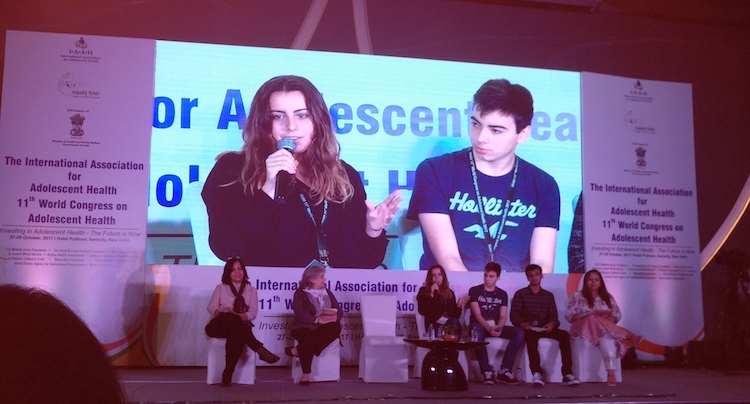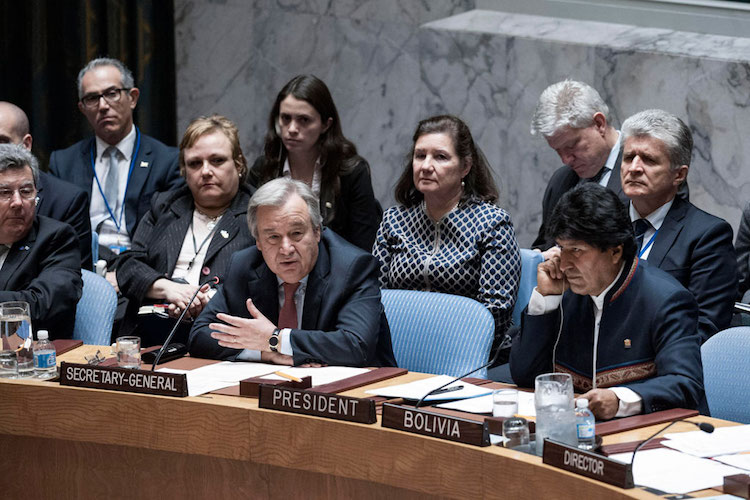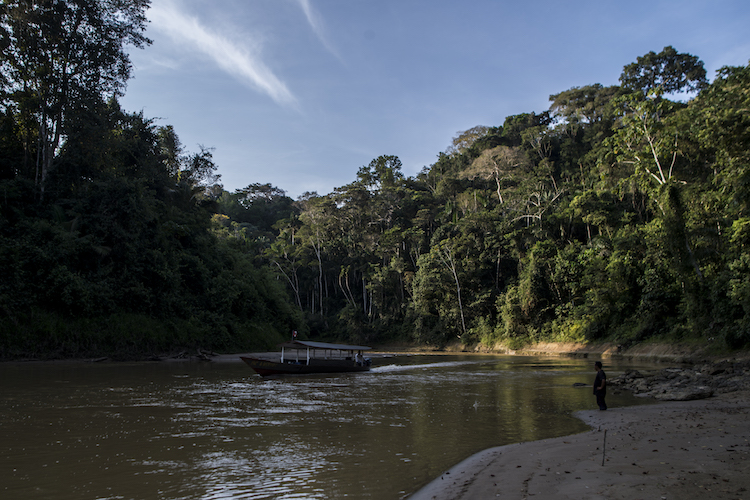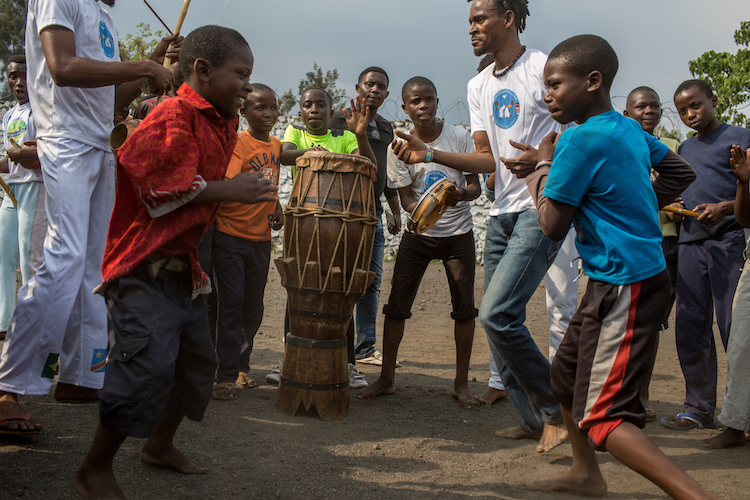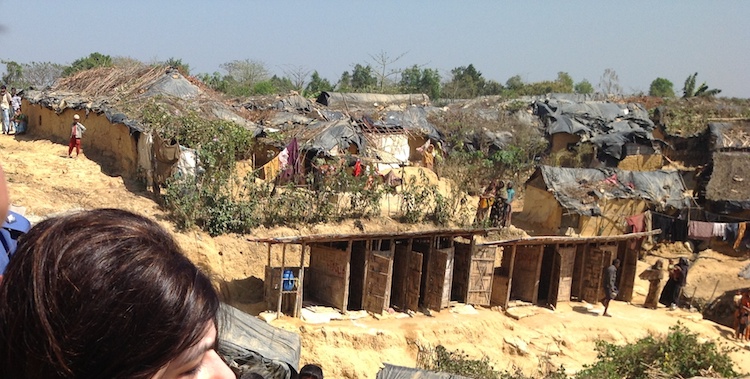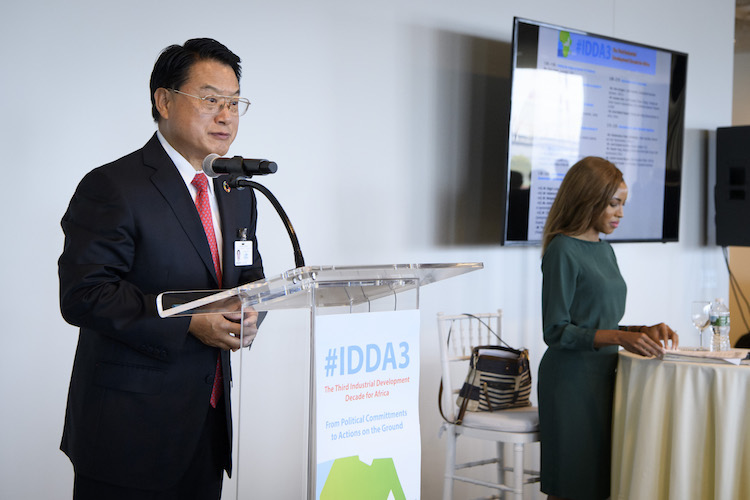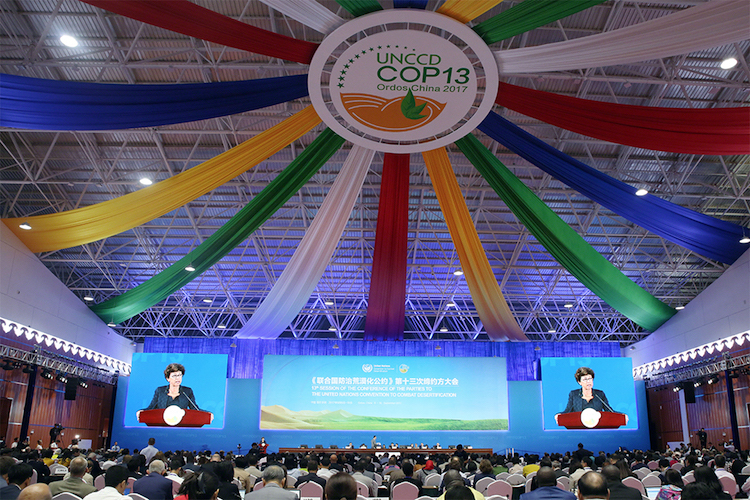Vatican Conference Underlines Nexus Between Sustainable Development and Nuclear Weapons Ban
By Ramesh Jaura
VATICAN CITY (IDN) – When world leaders approved ‘Transforming our world: the 2030 Agenda for Sustainable Development’, as an outcome document of the United Nations summit for the adoption of the post-2015 development two years ago, they designated it as “a plan of action for people, planet and prosperity” that “also seeks to strengthen universal peace in larger freedom”.
The document, which includes 17 Sustainable Development Goals (SDGs) and 169 targets, is based on a consensus emerging from protracted discussions within the Open Working Group. It meticulously avoids words such as “a world free of nuclear weapons”. (P31) FRENCH | INDONESIAN | ITALIAN | JAPANESE TEXT VERSION PDF | PORTUGUESE | THAI
…




